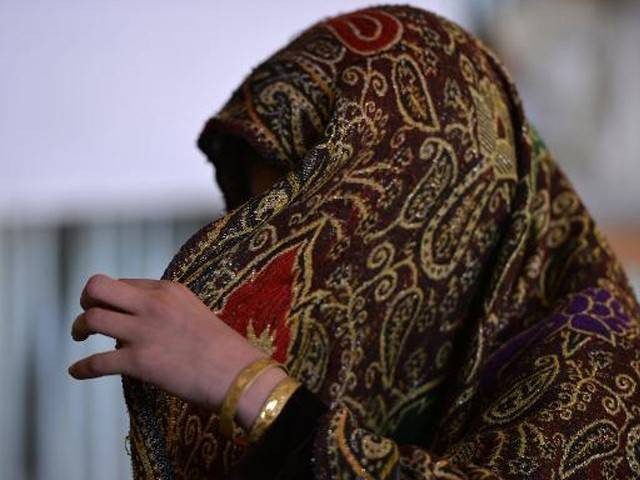Gender violence - change needs to start at home
Experts urge govt to implement laws, review policies and strategies to address gender inequality

During a session on gender-based violence held on Wednesday, speakers stressed on the need for 'change starting at home,' besides implementation of concerning laws.
The discussants urged the government and decision makers to review policies and strategies to address gender inequality.
Speakers, including United Nations (UN) officials, scholars, parliamentarians and students, were of the view that change with regard to gender violence has been rather slow.
However, the speakers believed that communities, specifically individuals, could play a vital role in order to end abusive behavior, adding that achieving this alone could increase the respect for and value of women's role in society.
Speaking on the occasion, head of UNHCR sub-office in Peshawar Bernard Inkoom stated that the office conducted several capacity-building and training workshops for government officials, law enforcement agencies, partners and refugees on the basic concepts concerning gender-based violence. These included psychological first aid, mental health and case management.
Inkoom stated that he was pleased to have been able to register success on some of the most sensitive topic - considered among refugees as taboos - with innovative programmes, including ‘safe from the start’ and engaging men and boys through accountable practices.
He observed that apart from relying on legislation and parliament, the society needed to change its attitude towards women at home "as children learn from their homes,” he told The Express Tribune.
Terming change in attitude toward gender-based violence as visible but slow, educationists observed that abrupt changes could give rise to other issues, such as retaliation from the society.
“I am more for a slow change since I feel an abrupt change would not be accepted. and I fear retaliation from within the society,” said University of Peshawar Department of Gender Studies Chairperson Dr Anoosh Khan. Dr Khan also stated that a collective response was required on gender inequality.
Women parliamentarians, while addressing the session, said that both the provincial and federal governments were addressing issues on the grassroots level. They added that the legislatures were committed to ending discrimination and violence against women.



















COMMENTS
Comments are moderated and generally will be posted if they are on-topic and not abusive.
For more information, please see our Comments FAQ